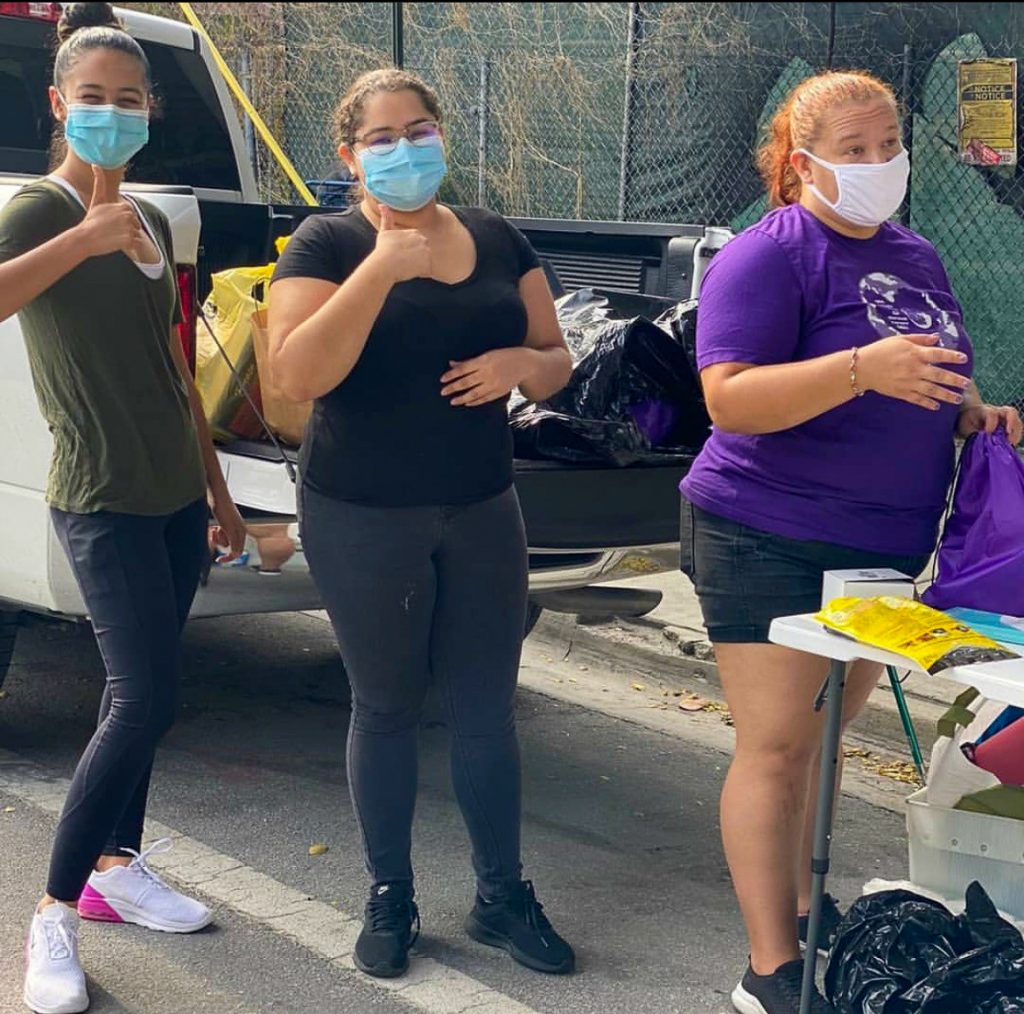Honors College biology student Delanie Perez is currently researching the largest long-term study of brain development and child health in the nation – adolescent brain cognitive development.
Perez’s interest in neurocognitive and mental health disorders grew with the help of the Honors course, The Psychedelic Renaissance, taught by Professor Joseph Lichter during Spring 2021.
The course explores the recent interest in psychedelics in both research and clinical applications for developing better understanding of the brain and associated mental illnesses. Psychedelics are known to create altered states of consciousness, euphoria, and neurological stimulation, but they are now being explored for potential uses in treating addiction, PTSD, OCD, and other mental illnesses.
Rather than employing weekly lectures, Lichter’s class relies on what Perez calls “active discussion.” She explains how there was room for discourse, which made the class exciting to attend.
“Piloting this course, what I found was that students had very limited knowledge in psychedelics coming in,” Professor Lichter said. “But they had a thirst to understand more. The course covers what these compounds are, how they function neurobiologically, what are the potential risks and benefits, and more importantly how to handle the changing opinions on these policy wise.”
For Perez, Lichter’s course gave new direction to her pre-medical journey. After taking the class, she described it as “a complete package for any pre-medical student.” By introducing topics that sparked her passion for public health and addiction medicine, the class encouraged Perez to choose extracurricular activities related to her interest in psychiatry.
She has been working at the Substance Use Neuropsychology (SUN) lab at FIU for a couple months where she provides greater insight into the way external factors like substances, sleep patterns, or sports impact development in adolescents.
At the lab, Perez assists with data input and organizing participant MRI consent, biospecimens and results. The lab is currently working on the decade-long Adolescent Brain Cognitive Development study, whose methods include using FitBits to track and monitor participants’ heart rate and sleep. This data helps researchers understand the brain and behavior, and it highlights risk factors associated with psychopathology and substance abuse. FIU is one of 21 study sites, contributing to a lot of the Hispanic representation in the study’s demographics.

Perez is also volunteering at the Yaya Por Vida foundation and the Miami Recovery Project, where she brings care kits to the community filled with necessary supplies as well as harm-reduction supplies including Narcan, an overdose reversal nasal spray. “It’s one of my favorite volunteer experiences because it has shown me what it means to be part of a community.”
In addition, she is volunteering at a pediatric clinic in Miami Gardens where uninsured patients can receive health services free of cost. During the summer, Perez connects kids to the clinic by reaching out to schools in South Florida in low-income neighborhoods with children who need vaccines and physicals for school enrollment.
“I’ve increasingly noticed substance abuse issues in my own community and want to engage other students with similar interests in volunteering so we could have a greater impact in South Florida,” Perez said.
Her advice to other students on getting involved: Be ambitious! “Take a leap of faith into a community service opportunity that seems uncomfortable, because it might be the most impactful.” As for research, Perez recommends cold emailing labs that spark your interest and attaching your resume and a brief introduction discussing why you are interested in that specific lab.
Post-graduation, Perez is looking into earning a master’s in Public Health. She hopes to further her involvement in meaningful research and community service and become involved in sensible drug policy advocacy during her career.

